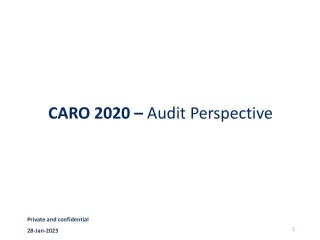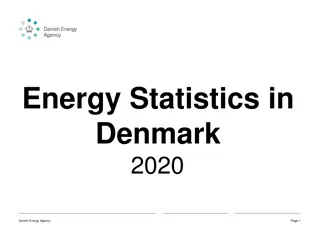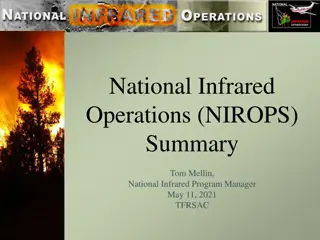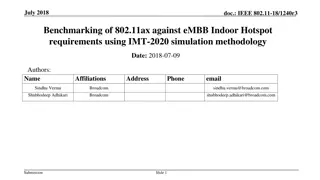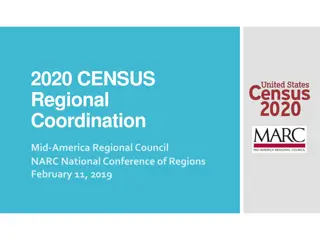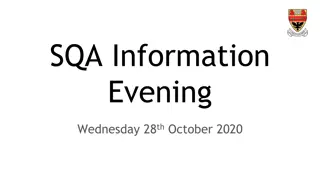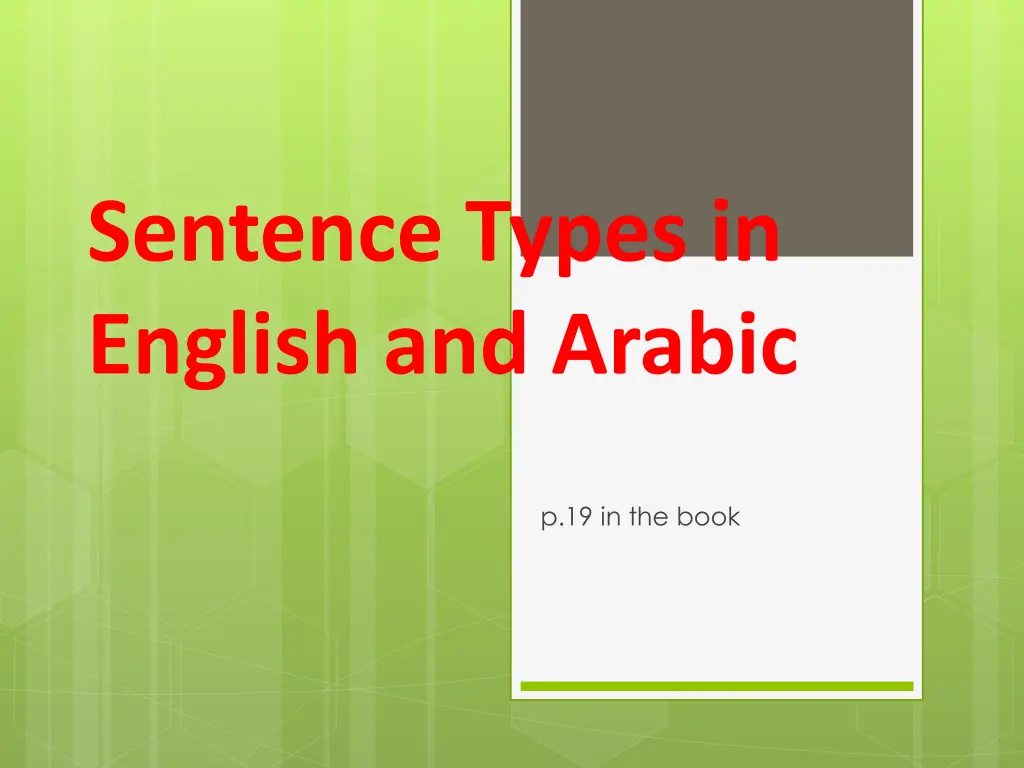
English and Arabic Sentence Types Comparison
Explore the different types of sentences in English and Arabic languages, including simple sentences, questions, exclamatory sentences, and more. Discover the unique features of Arabic questions and how they differ from English interrogatives. Enhance your understanding of sentence structures across languages.
Download Presentation

Please find below an Image/Link to download the presentation.
The content on the website is provided AS IS for your information and personal use only. It may not be sold, licensed, or shared on other websites without obtaining consent from the author. If you encounter any issues during the download, it is possible that the publisher has removed the file from their server.
You are allowed to download the files provided on this website for personal or commercial use, subject to the condition that they are used lawfully. All files are the property of their respective owners.
The content on the website is provided AS IS for your information and personal use only. It may not be sold, licensed, or shared on other websites without obtaining consent from the author.
E N D
Presentation Transcript
Sentence Types in English and Arabic p.19 in the book
What type of a sentence will be discussed? The focus will be on the simple sentence which consists of a single independent clause
There are three types of simple sentence: 1. question 2. command 3. exclamative
Questions in English sentences English has three major types of questions: 1. yes-no questions (including tag questions) 2. wh-questions 3. alternative questions
Yes-no questions This type of question expects a positive (yes) or a negative(no) answer and has a rising intonation: Ex: Are you coming? Yes,I am No, I am not Tag questions consist of an auxiliary plus subject appended to statements .they do not usually expect a response or an answer: Ex He doesn t like music, does he?
Wh-questions This type of questions looks for specific information from the addressee. It has a falling tone and begins with one of the interrogative words : where, when,which, why, what , whose, how. Ex: who is coming to dinner? Where does he live? How much sugar do you take?
Exclamatory Questions This type of questions is a yes-no question plus exclamatory assertion or force. It has a final falling tone. Ex: Hasn t he grown?!
Rhetorical Questions This type of question carries a strong assertion and seeks no response from the addressee Isn t the reason obvious? The implication is that definitely it is
Arabic Questions In Arabic ,questions are called usluubu i- istihaami Arabic has three distinguishing features: 1. they are formed by the use of interrogative particles adawaatal-istifham questions: 2. the syntactic arrangement of the declarative statement is retained in the question , i.e. there is no verb-subject inversion: 3. they always have a rising tone. which occur initially in the
Yes-no Questions 1. affirmative yes-no questions in Arabic are formed by the use of one of two interrogative particles : and (the glottal stop): Did the man come? 2. negative yes-no questions in Arabic are formed by the interrogative particle) plus a negative element: Haven t I treated you hospitably? If the response is positive , one says: Indeed , you have. If the response is negative, one says: , yes, you haven t treated me hospitably. Tag questions Arabic has only one fixed grammatical structure that functions as a tag, whether the statement is positive or negative. It always has rising intonation. It is : (isn t it so?) the (
Wh-Questions These questions are formed by the use of nouns of interrogation: , , , / , , , , / ,
Alternative Questions This type of questions is formed by the use of and :

